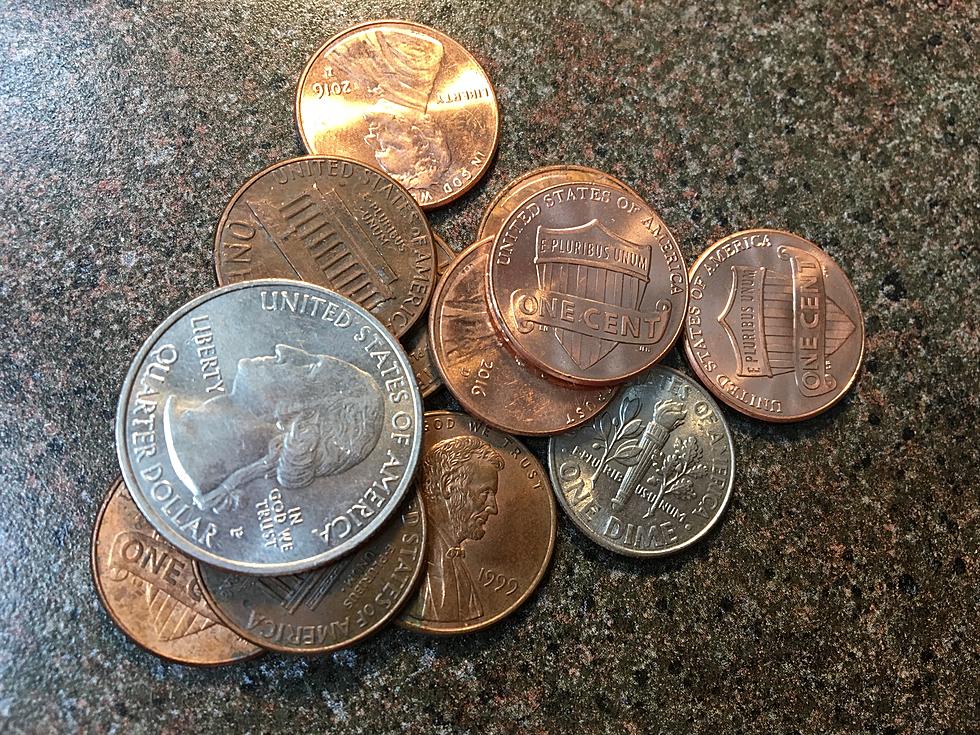
Cash Get Banned? Why Does Everyone Think That?
Articles like this were published last week in response to the new house bill that was passed dealing with transactions of secondhand purchases and that cash use was banned. I began to get curious if this were true, so instead of making assumptions on the meaning and reasoning behind the new law, I decided to get down to the source. Firstly, I read the bill itself. I think the main part of the bill that is getting everyone up in arms is this one,
"A secondhand dealer shall not enter into any cash transactions in payment for
the purchase of junk or used or secondhand property. Payment shall be made in the form of check, electronic transfers, or money order issued to the seller of the junk or used or secondhand property and made payable to the name and address of the seller."
The main part that I would like to point out is the word "payment." This pertains to the seller purchasing secondhand items from people. So, basically, a person cannot come into a business that deals with the purchase of secondhand goods and sell it to the business for cash. It has to be check or a charge purchase, and the dealer has to get a description, ID, and a license plate number. Why is all this happening? I wanted to know too.
That's why I called the new law's primary representative and author, State Representative Clif Richardson. We spoke on the phone on the bill's text and meaning. Rep. Richardson spoke of six different churches that had their air conditioning units destroyed and the copper in them stolen over the course of two weeks. He also spoke of dealers buying all types of stolen good and when the dealers pay with cash, you can't catch the thieves. Richardson sent me a summary that he wrote himself and in it was this, "
"All payments made by a secondhand dealer for the purchase of used property shallbe made by check, money order, or electronic transfer issued to the seller of the usedproperty. These payments are to be reported separately in the required daily reports. Act 389(HB 159) does not effect the purchase of goods by a consumer from any business."
So, there you have it, the bill is explained and no longer surrounded by a convoluted meaning. I really hope this helped clarify things for everyone.
Special thanks to Rep. Clif Richardson.
More From News Talk 96.5 KPEL

![Couple Goes Into Target Stores and Hides Cash in Baby Products [VIDEO]](http://townsquare.media/site/34/files/2021/06/Screen-Shot-2021-06-01-at-6.35.42-AM.jpg?w=980&q=75)







